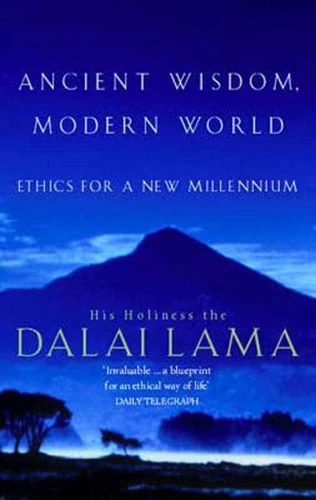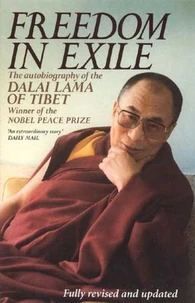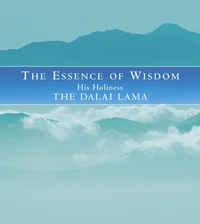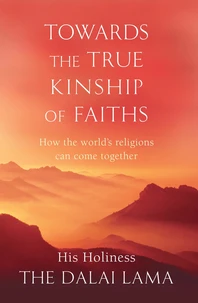Ancient Wisdom, Modern World. Ethics for the New Millennium
Par : ,Formats :
Disponible dans votre compte client Decitre ou Furet du Nord dès validation de votre commande. Le format ePub protégé est :
- Compatible avec une lecture sur My Vivlio (smartphone, tablette, ordinateur)
- Compatible avec une lecture sur liseuses Vivlio
- Pour les liseuses autres que Vivlio, vous devez utiliser le logiciel Adobe Digital Edition. Non compatible avec la lecture sur les liseuses Kindle, Remarkable et Sony
- Non compatible avec un achat hors France métropolitaine
 , qui est-ce ?
, qui est-ce ?Notre partenaire de plateforme de lecture numérique où vous retrouverez l'ensemble de vos ebooks gratuitement
Pour en savoir plus sur nos ebooks, consultez notre aide en ligne ici
- Nombre de pages256
- FormatePub
- ISBN978-0-7481-1654-6
- EAN9780748116546
- Date de parution03/02/2010
- Protection num.Adobe DRM
- Infos supplémentairesepub
- ÉditeurAbacus
Résumé
At a time and in a culture where science and technology have taken over from religious belief, when ethics are understood primarily in terms of aesthetic choice or legality, how are we to formulate moral principles to guide us in our daily lives? Though religion can certainly help in this, the Dalai Lama demonstrates that there are universal principles we can draw on which transcend the dilemma of belief or unbelief.
And whilst many have been content to speak of spiritual matters as something mysterious or evanescent, the Dalai Lama explains his approach in terms that are as clear and concise as they are compelling. With wit, gentle good sense and with penetrating insight, the Dalai Lama shows how the truths that have stood the test of generations of practise can provide us with the tools to live happy, fulfilled and meaningful lives.
In the process, it becomes apparent that he does not merely espouse the 'feelgood' religiosity some accuse him of. The reader is left admiring not just the wisdom of the author, but the wisdom of the culture he represents.
And whilst many have been content to speak of spiritual matters as something mysterious or evanescent, the Dalai Lama explains his approach in terms that are as clear and concise as they are compelling. With wit, gentle good sense and with penetrating insight, the Dalai Lama shows how the truths that have stood the test of generations of practise can provide us with the tools to live happy, fulfilled and meaningful lives.
In the process, it becomes apparent that he does not merely espouse the 'feelgood' religiosity some accuse him of. The reader is left admiring not just the wisdom of the author, but the wisdom of the culture he represents.
At a time and in a culture where science and technology have taken over from religious belief, when ethics are understood primarily in terms of aesthetic choice or legality, how are we to formulate moral principles to guide us in our daily lives? Though religion can certainly help in this, the Dalai Lama demonstrates that there are universal principles we can draw on which transcend the dilemma of belief or unbelief.
And whilst many have been content to speak of spiritual matters as something mysterious or evanescent, the Dalai Lama explains his approach in terms that are as clear and concise as they are compelling. With wit, gentle good sense and with penetrating insight, the Dalai Lama shows how the truths that have stood the test of generations of practise can provide us with the tools to live happy, fulfilled and meaningful lives.
In the process, it becomes apparent that he does not merely espouse the 'feelgood' religiosity some accuse him of. The reader is left admiring not just the wisdom of the author, but the wisdom of the culture he represents.
And whilst many have been content to speak of spiritual matters as something mysterious or evanescent, the Dalai Lama explains his approach in terms that are as clear and concise as they are compelling. With wit, gentle good sense and with penetrating insight, the Dalai Lama shows how the truths that have stood the test of generations of practise can provide us with the tools to live happy, fulfilled and meaningful lives.
In the process, it becomes apparent that he does not merely espouse the 'feelgood' religiosity some accuse him of. The reader is left admiring not just the wisdom of the author, but the wisdom of the culture he represents.







